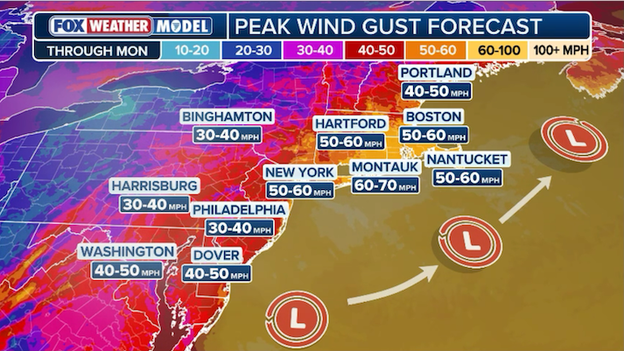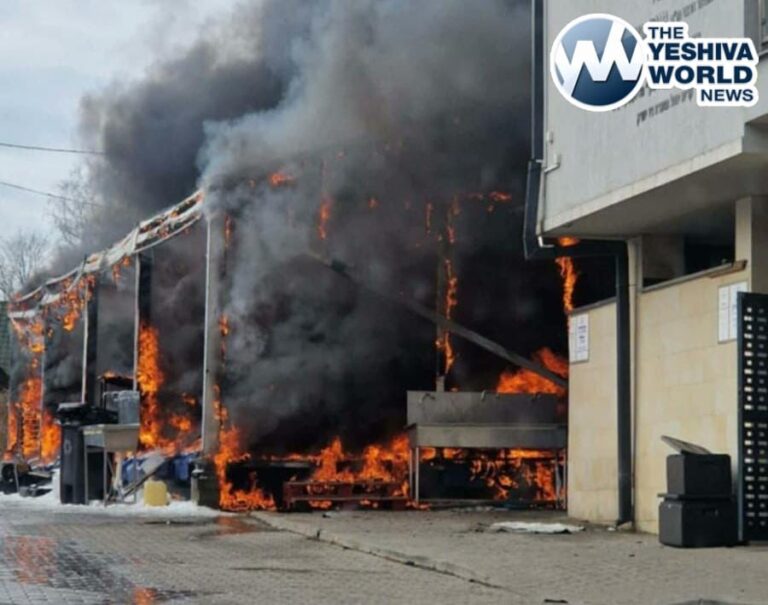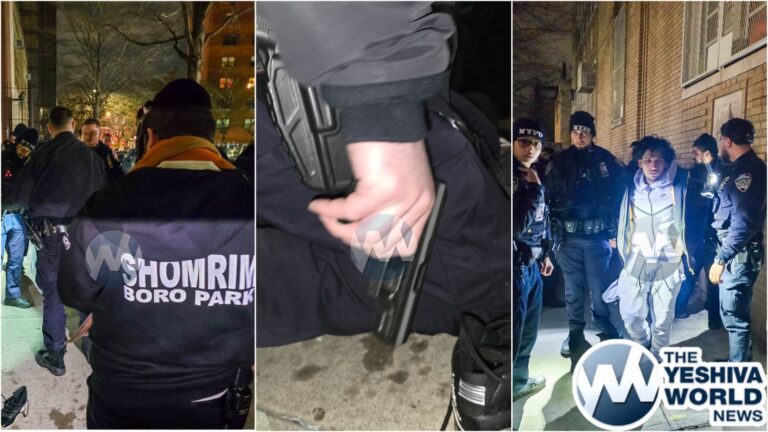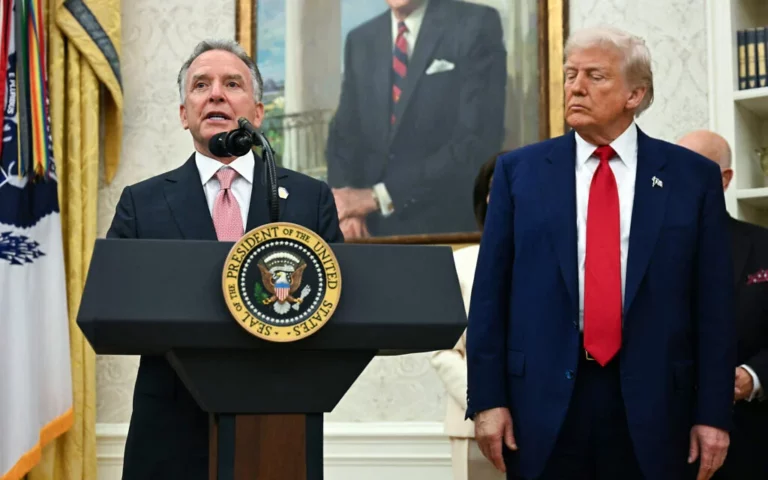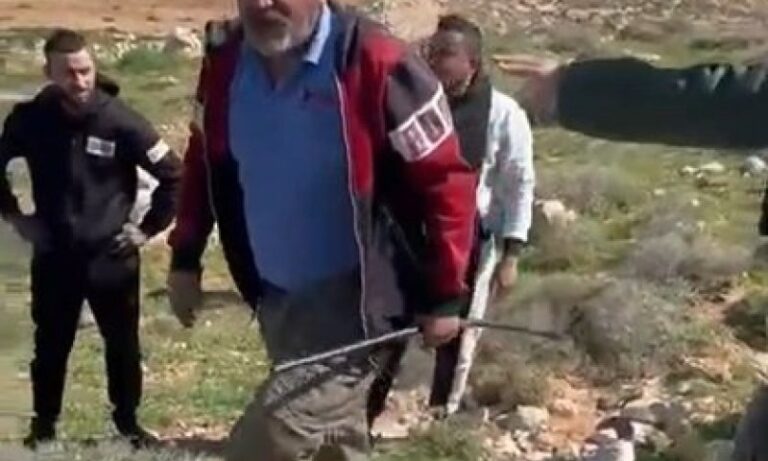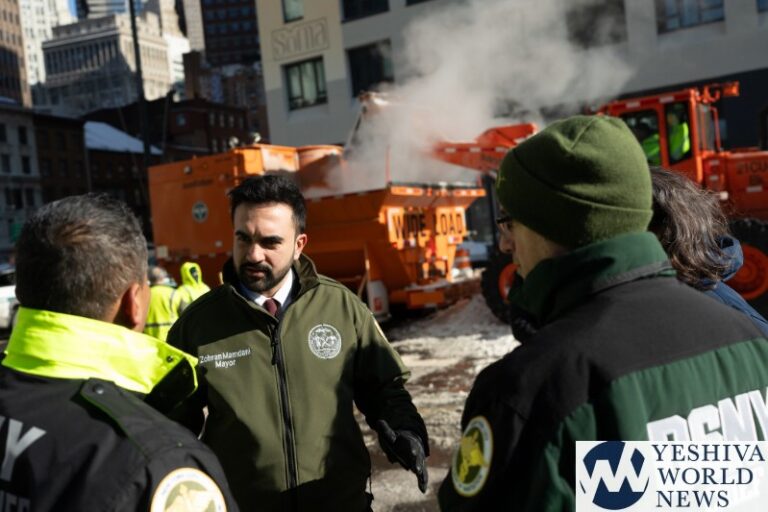Britain’s official death toll in the coronavirus pandemic passed 100,000 on Tuesday, a dreaded milestone reached as the government considered imposing hotel quarantines on international travelers to stop new virus variants reaching the country.
The government said 100,162 people have died in the pandemic after testing positive for the virus, including 1,631 new deaths reported Tuesday.
“it is hard to compute the sorrow contained in that grim statistic,” a somber Prime Minister Boris Johnson said. “The years of life lost, the family gatherings not attended and, for so many relatives, the missed chance even to say goodbye.”
Britain is the fifth country in the world to record 100,000 virus-related deaths, after the United States, Brazil, India and Mexico, and by far the smallest. The U.S. has recorded more than 400,000 COVID-19 deaths, the world’s highest total, but its population of about 330 million is about five times the size of Britain’s 67 million.
As in other countries, the real toll is likely even higher. U.K. statistics agencies say that the number of deaths registered that mention COVID-19 on the death certificate is more than 108,000.
Opposition politicians and public health officials accuse Johnson’s Conservative government of being slow to act throughout the outbreak when it has come to lockdowns and travel restrictions. A more transmissible new variant identified in southeast England late last year also helped push infections to new highs and plunged the country into its third lockdown.
Johnson said at a televised news conference that he took “full responsibility for everything that the government has done.”
“What I can tell you is that we truly did everything we could, and continue to do everything that we can, to minimize loss of life and to minimize suffering in what has been a very, very difficult stage and a very, very difficult crisis for our country,” he said.
British authorities are banking on a successful vaccination program to help the country suppress the outbreak and ease the lockdown. So far more than 6.8 million people have received the first of two doses of a vaccine, and the government aims to give 15 million people, including everyone over 70, a jab by Feb. 15.
Johnson has promised a public inquiry into Britain’s handling of the outbreak — but not until the crisis is over.
“We will make sure we learn the lessons and reflect and prepare,” he said.
Johnson was meeting with senior officials Tuesday evening to consider tighter border measures. The BBC reported that U.K. citizens and residents arriving from most of southern Africa and South America, as well as Portugal, will have to self-isolate in a hotel for 10 days at their own expense.
Quarantine hotels have been used to limit virus transmissions in countries including Australia, New Zealand, China, India and Singapore but the practice has not been widely adopted in Europe.
Current lockdown rules bar Britons from taking foreign holidays, although essential travel is allowed. People arriving from overseas are already required to self-isolate in Britain, but enforcement is patchy.
Nick Thomas-Symonds, law-and-order spokesman for Britain’s opposition Labour Party, said only a “comprehensive hotel quarantine system” would be strong enough to keep new strains of the virus from spreading in the U.K.
“It cannot be restricted to only a handful of countries, leaving gaping holes in our defenses against different strains of the virus emerging around the world,” he said.
Former Health Secretary Jeremy Hunt, a Conservative, said the biggest problem was that many people already in the U.K. do not comply with self-isolation orders.
“I think the elephant in the room in this is not the 10,000 or so people who arrive in the U.K. every day, it is the 30,000 people in the U.K. already who are asked to quarantine by Test and Trace and are not doing so,” Hunt told the BBC.
He backed calls for a self-isolation payment from the government so people exposed to the virus or infected did not lose income by staying at home.
“We may also need to enforce more compliance, but I think you can only do that if you are making people a reasonable offer to support them financially for any losses they may have from having to stay home,” Hunt said.
People arriving in the U.K. from abroad also must show they have tested negative for COVID-19. Britain recently banned direct flights from South Africa, Brazil and Portugal — and barred entry to travelers from there and some nearby countries — in response to new variants of the virus.
(AP)



